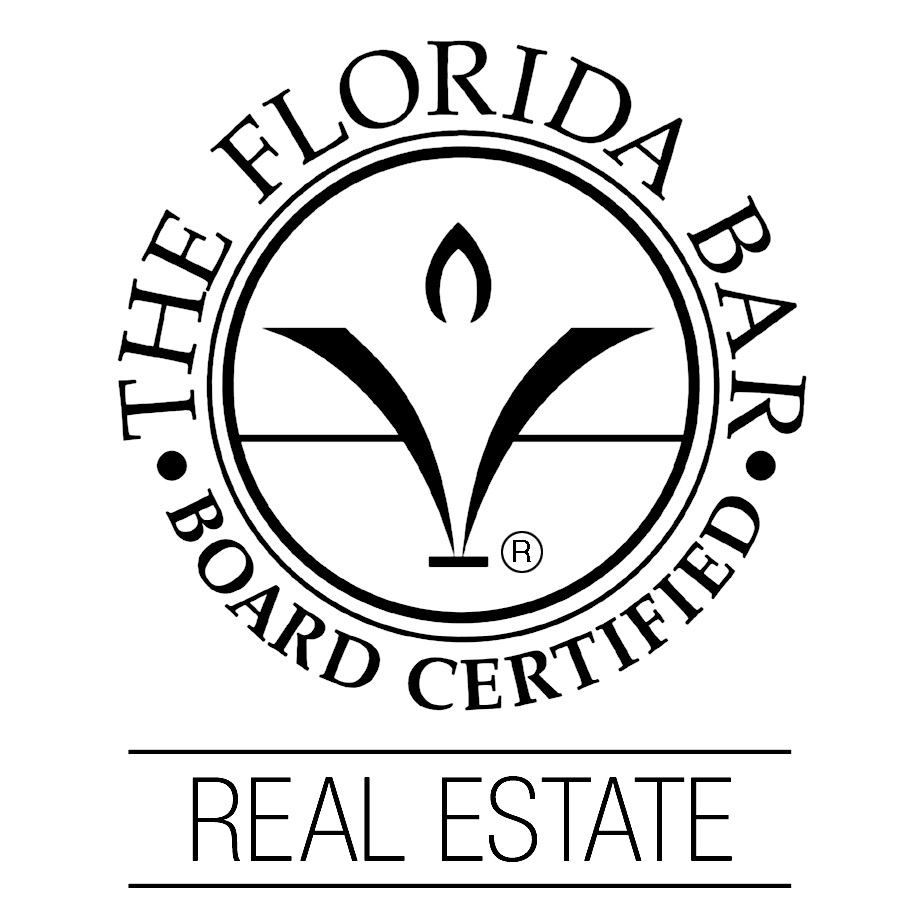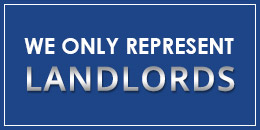Commercial and Residential Landlord Tenant Matters
Lease Review and Drafting
A written lease agreement should clearly outline all the terms and conditions of the lease so that there can be no dispute as to both the landlord and tenant’s obligations. Such an agreement can go a long way to avoiding potential issues that may arise. In addition to handling landlord-tenant disputes and litigation, our real estate attorneys can review your lease or draft a new lease with terms that make it easy to evict a defaulting tenant.

General Advice on Tenant Issues
Lieser Skaff serves as counsel to landlords in dealing with all types of issues that arise, including code enforcement issues, utility liens and construction liens.
Click here to read about specific actions a commercial landlord can take to avoid construction liens related to tenant improvements.

Disputes, Lawsuits and Evictions
Landlords who lease residential or commercial property are often faced with tenants who fail to pay the rent or otherwise fail to abide by the terms and conditions of the lease agreement. Because Florida law governing the relationship between a landlord and tenant can be highly technical, it is important for a landlord to retain legal counsel experienced in such matters. Our attorneys have represented both commercial and residential landlords and have handled countless eviction cases.
If you are a landlord dealing with an eviction or other landlord-tenant disputes in Tampa, St. Petersburg or elsewhere in the state, speak with one of our Tampa landlord-tenant attorneys today so we may begin resolving your situation.
Mediation for Landlord-Tenant disputes is often an effective and efficient way to resolve issues before litigation becomes necessary as well as after litigation has been initiated. As a Florida Supreme Court Certified Circuit Court Mediator, attorney Jeff Lieser can lead both parties through the mediation.
For information on commercial evictions click here.
If you are having problems with a tenant failing to live up to his or her obligations under a lease, contact our firm today.
Find advice on dealing with tenants during the Coronavis outbreak.
Do you need help with an eviction in Tampa Bay? Contact an Eviction Attorney at our firm today!